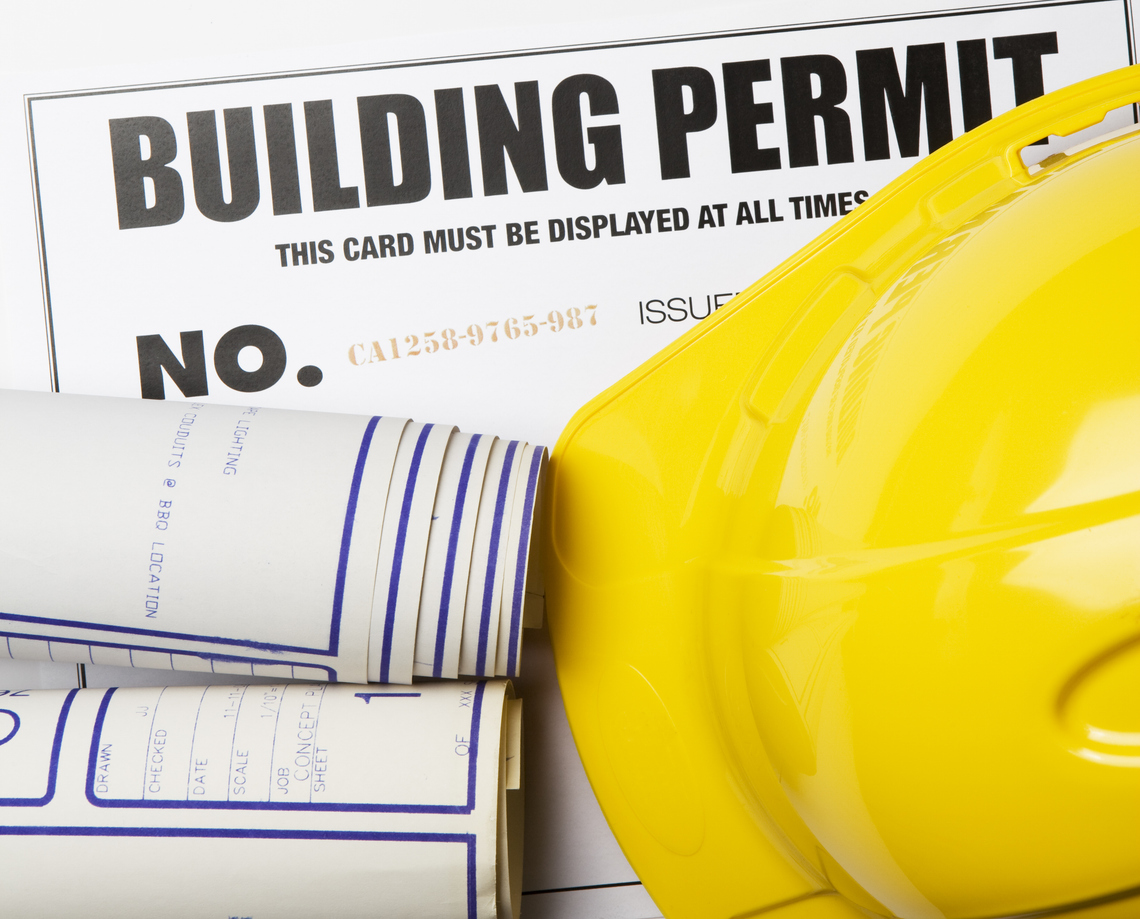Traveling away from loved ones for business is never easy. I was at a restaurant co-owned by public adjuster Brandon Lewis and his wife, Marta, following a Georgia Association of Public Adjusters (GAPIA) meeting. Marta asked me if I ever got tired of all the travel. I told her I did not travel as much as I once had, but it is part of the business I have chosen. I told her that it helps when Donice travels with me as often as she does. She lamented and asked Brandon how he could be at home more.
GAPIA has an upcoming meeting next month, and I thought about Brandon Lewis, who is a founding member. Bradon is in the spotlight because I see, hear from, or hear of his firm’s members, Phil Grandchamp, Michael Fried, JP Norton, Kyle Herring, Jordan Mulbarger, and Craig Kobel, all over the country, working on all types of losses. Their firm, Strategic Claim Consultants, is composed of road warriors. They represent a breed of public adjusters who rely on newer technology and improving communications to run a mobile team. It is not easy running an organization effectively when people are always away from home. I wanted to discuss this aspect of cross-country loss adjustment with Brandon to demonstrate this perspective of public adjusting, which differs from firms that intentionally stay closer to home.
Career Path: With a career spanning over two decades across diverse sectors such as restaurants, real estate, and public adjusting, how have your past experiences shaped your approach at Strategic Claim Consultants?
My experience is vast and has been instrumental in driving our success at SCC. Each venture presented its unique business principles and challenges, pushing me to adopt a holistic yet discerning strategic approach to business operations and people management. The lessons I learned from both successes and setbacks have honed my skills in areas ranging from long-term fiscal management to efficient operations and talent retention that aligns with our core vision and principles. I’ve also come to believe in the philosophy that it’s not about more pitching, but better pitching.
Undoubtedly, developing real estate and operating restaurants, which I consider the most challenging business, offered invaluable business insights. These experiences not only shaped my approach to leading a public adjusting firm but also enhanced the nuanced problem-solving skills that are essential for public adjusters representing policyholders during complex, life-altering claims.
Foundation of SCC: What inspired the foundation of Strategic Claim Consultants? Was there a defining moment that led to the establishment of SCC?
My public adjusting career started at World Claim Claims Management in early 2006. I was immediately indoctrinated into an enormous amount of Hurricane Katrina work with this third-generation public adjusting firm. I felt like I received an Ivy League education in public adjusting from them. I also realized my skills were well-suited for representing policyholders and managing their claims. I saw an opportunity for growth by branching out independently. Observing talented professionals operating in isolation, I believed that by fostering a collaborative and rewarding environment, we could create a firm offering comprehensive, single-source claim advocacy on a national scale.
How do you keep track of all your projects all over the country?
SCC currently has large losses in over a dozen states. We have a team of experienced leaders at the firm. Our claim collaboration approach allows us to manage claims, providing constant coverage jointly and effectively for our clients’ claims.
We have also invested heavily in building a world-class accounting and claims administrative department. The investment in technology allows us to account for and move our clients’ claims faster and with more accuracy. You must be able to communicate. We have also made significant investments in claims collaboration technology. Without communications, our organization could not seamlessly manage and adjust claims in multiple locations.
Client Work: Can you share a particularly challenging case from SCC and how you overcame it to secure a favorable outcome for your client?
Following Hurricane Sally in 2020, we represented a group of resort hotel properties that suffered catastrophic damage across five locations. The insurance company misinterpreted a wind-driven rain endorsement, which would have limited ensuing water damage coverage to $500,000. We argued that the carrier was intentionally misconstruing the named storm coverage to its advantage. After a 120-day standoff, we successfully persuaded the insurers to fully accept all water damage claims for the five resorts, resulting in a $60+ million settlement for our client. Close and careful reading of each policy from the beginning to the end is fundamental for making a theory of coverage that maximizes policy benefits.
GAPIA’s Impact: As a founding member and past president of GAPIA, how would you describe the organization’s most significant achievements in advocating for policyholders?
I take immense pride in GAPIA’s role in educating Georgia’s public adjusters and contractors. Growing from 12 to over 75 members, we’ve fostered collaboration, networking, and industry expertise through continuous educational conferences. The importance of ongoing education and idea-sharing cannot be overstated, especially when it comes to staying ahead of insurance companies. Our board has also fostered strong relationships with key figures in the insurance sector, including Georgia Insurance Commissioner John King.
Puerto Rican Policyholders: Your advocacy for insurance law changes in Puerto Rico post-Hurricanes Maria and Irma is commendable. Could you detail these changes and their impact on policyholders?
The devastation caused by Hurricanes Irma and Maria in 2017 was unparalleled. I was shocked to discover that previous administrations at the Puerto Rico Department of Insurance had invalidated the appraisal clause in policies sold to local consumers. We worked diligently behind the scenes to successfully amend the Puerto Rico insurance code, reintroducing the appraisal clause as an alternative dispute resolution mechanism. This significant change, retroactively applicable, was a monumental win for all Puerto Rican claimants.
Media and Public Influence: Considering your frequent interactions with the media and authorities, how do you perceive their role in public adjusting and policyholder advocacy?
Media plays a pivotal role in educating consumers about their options following a catastrophic loss. However, it’s essential to understand and navigate the media’s agenda to ensure policyholders’ best interests remain at the forefront. The media can also pressure uncooperative insurance companies by highlighting their actions. My advice to my team is always, “When dealing with the media, proceed with caution.”
I note your work with the Red Cross; how do you emphasize the importance of public and student education on insurance claims and policyholder rights?
I cherish the opportunities to collaborate with impactful organizations. I believe educating the public is crucial, ensuring a level playing field with insurance companies and safeguarding policyholder rights. Our firm’s Strategic Claims Charitable Giving Fund further underscores our commitment to community recovery after major disasters.
Leadership Philosophy: Given your esteemed reputation, could you share your leadership philosophy and its evolution over the years?
At SCC, my leadership mantra is “lead by example.” I’ve cultivated a collaborative culture, emphasizing teamwork in client claims. I also stress that every claim has its unique DNA, urging our team to approach each case individually, considering various factors, from damage to policy coverages.
Future of Public Adjusting: How do you envision the future of public adjusting, especially considering technological advancements and potential regulatory changes?
Technological advancements might distance insurance companies from policyholders, emphasizing the need for public adjuster representation. It’s crucial for public adjusters to invest in emerging loss measurement tools. Staying updated on regulatory changes and supporting organizations like NAPIA, GAPIA, and others is vital for preserving policyholder rights.
Advice to New Adjusters: With your vast industry experience, what guidance would you offer to budding public adjusters?
New adjusters should seek mentorship under experienced professionals and prioritize continuous education. I’d also like to reference Law #5 from The 48 Laws of Power: “So much depends on reputation, guard it with your life.” Embrace the responsibility of guiding policyholders through their recovery journey, and always strive to be a promise keeper, ensuring trustworthiness from start to finish.
What is your obsession with U2?
In the early 1980s, during my high school years, I found myself at a quaint new wave concert venue. A band I had never heard of took the stage, and from the very first chord, I was spellbound—it was love at first sound. Their music deeply resonated with me, almost on a spiritual level. Since then, I’ve seen them perform over 30 times in various countries worldwide. I’m excited to head to Vegas this October to watch them live at the Sphere for “UV Achtung Baby Live.”
Brando Lewis and his leadership team have built quite an organization. This has not happened by luck. I have noticed that they show up and participate in the regional public adjuster associations. They also take great pride in showing me how they keep their files so they are instantly accessible, searchable, and usable. Information technology is a crucial investment for those deciding to conduct their business on the road.
Conducting business on the road, away from the familiar comforts of my own home, has always posed distinct challenges for me. The unfamiliar surroundings can be mentally and physically draining. However, these experiences have honed my adaptability, opened so many learning opportunities, and allowed me to make so many friends over the years. I’ve learned to embrace the journey and even become excited about it.
Still, I can relate to the look on Brandon’s face when Marta Lewis asked him if he could spend more time at home. You cannot be at two places at the same time.
Thought For The Day
Every traveler has a home of his own, and he learns to appreciate it the more from his wandering.
—Charles Dickens




